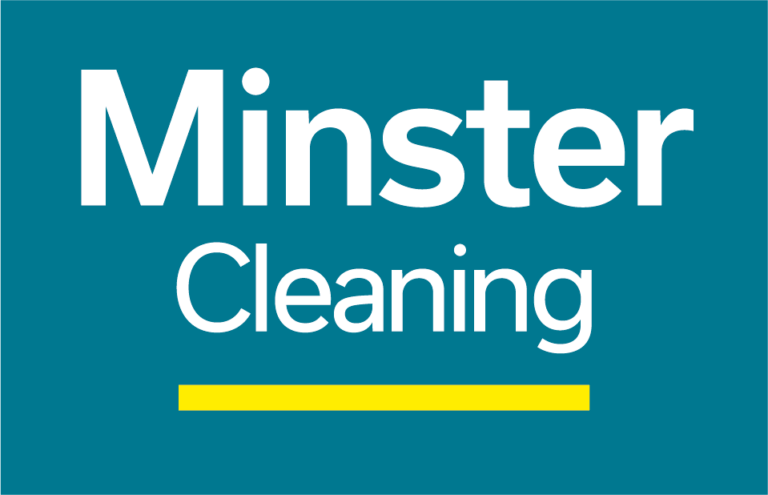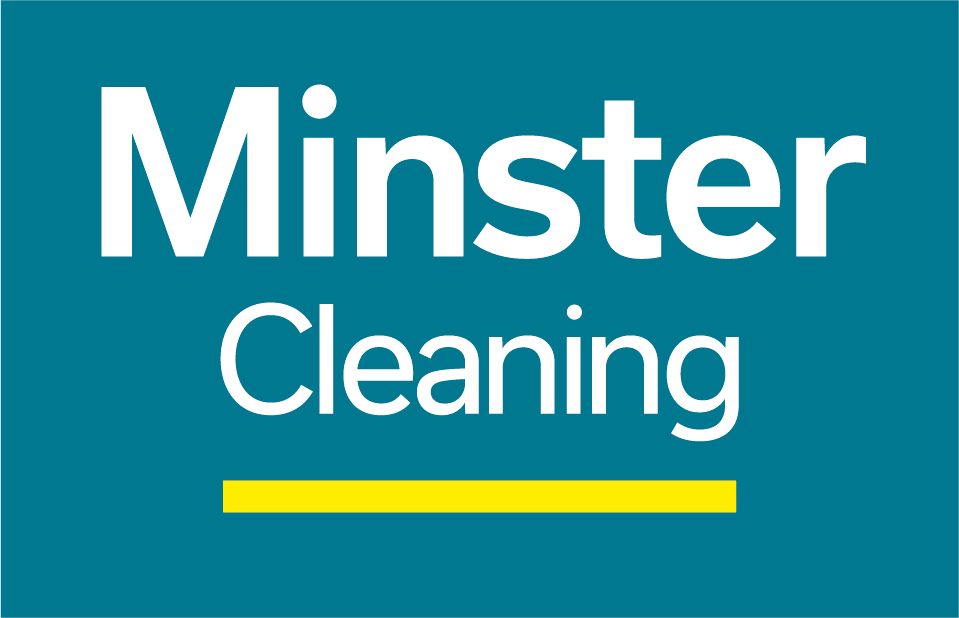We provide all materials and equipment required to carry out all cleaning on the schedule agreed with you.
Cleaning materials we can provide are as follows:
- Vacuum
- Cleaning cloths
- General purpose cleaners & disinfectants
- Mops/buckets
- Brooms
- Floor polishers
- All PPE and warning signs
We can also provide you with consumable items for purchase, subject to availability, including paper towels, soap and dispensers, sanitisers and air fresheners.
Whether you manage your cleaning arrangements in-house or use a cleaning contractor, it is important that your premises are consistently cleaned to a high standard – staff training and quality control processes are key in this respect. Reliability of cleaning is also critical, especially suitable arrangements to cover planned and unplanned periods of absence.
Encouraging your employees to also be conscious of the cleanliness of their work area is equally as important. Please see example check list of what employees can abide by to ensure their work areas stay clean:
- Keep desks tidy, organised and clean
- Clear any cluttered areas
- Empty personal bins daily
- Regularly disinfect workstations (keyboards, mouse, phone, desk, computer)
- Clean up after yourself in common areas (kitchen, staff rooms, meeting rooms)
- Wash and sanitise hands regularly
A deep clean is an additional, systematic clean that is more detailed than regular daily office cleaning. It can be carried out to cover areas normally or not normally serviced as part of the regular cleaning schedule. A deep clean can also be carried out to prevent further infection if you have a confirmed case of COVID-19 or another virus in your premises.
Tasks that can be carried out during a deep clean include:
- High level cleaning
- Cleaning of light fittings
- Cleaning of window blinds
- Moving of furniture, appliances & general contents to clean underneath & behind them
- Carpet cleaning
- Upholstery cleaning
- Cleaning & re-sealing hard floors
- Wiping down of walls and wall tiles
- Descaling & sanitising sanitary fittings
- Additional sanitising of common touch points
Companies should regularly review their cleaning arrangements and consider the use of a cleaning contractor (if they do not use one already). Please see below what you should expect from a commercial cleaning contractor:
- Support – Cleaning contractors should support their customers in identifying how regularly each area of their premises needs cleaning, with particular focus on high footfall areas and common touchpoints. Cleaning contractors should also support their staff and ensure that they have had sufficient training and are also supported by dedicated field and office teams.
- Flexibility – The service provided should also offer the flexibility to respond to any short notice requirements a client may have or any additional cleaning needs.
- Reliability – Professional cleaning contractors must be reliable. They should understand that their customers need them to clean their premises at the agreed times and frequencies. They should be as meticulous about managing cover for sickness or holidays as they are about their cleaning.
- Trustworthy – Customer security should be a top priority and even more so if a contractor needs to clean when a customer’s premises is vacant. Recruitment policies for cleaning operatives should include additional security checks for safeguarding people, processes and premises.
- Consistency – Service consistency is also key. Procedures and monitoring systems should ensure that cleaning is done to the same exacting standards during every visit.
Be sure to ask any potential provider about their reliability of service, consistency and quality of cleaning standards and provisions to safeguard your people, property and premises. You should also question how flexible their service is and how it would offer you great value for money.
Things to consider:
-
- Experience – how long have they been established?
- Professionalism – are they members of any trade bodies i.e. SSIP’s, British Institute of Cleaning Science?
- Cleaning standards – do they clean to BICSc standards with measurable outcomes?
- Insurance – do they hold sufficient public and employer’s liability cover?
- Absence cover – how do they cover staff illness and staff holidays?
- Training & supervision – how do they train their staff and how are they supervised?
A professionally cleaned workplace will help create a welcoming, safe and productive environment for staff and visitors alike. In addition, minimising infection risks through efficient cleaning will help reduce the cost of staff absence.
Benefits of professional office cleaning:
- Create a strong first impression
- More cost effective than using your own staff
- Boost office morale – a clean office is a happy office
- Reduce amount of staff sickness – a clean, hygienic office will reduce the spread of illness
- Reliability of cleaning
- Consistency of cleaning standards
- Access to additional cleaning services – carpet cleaning, window cleaning, washroom services, floor treatment




